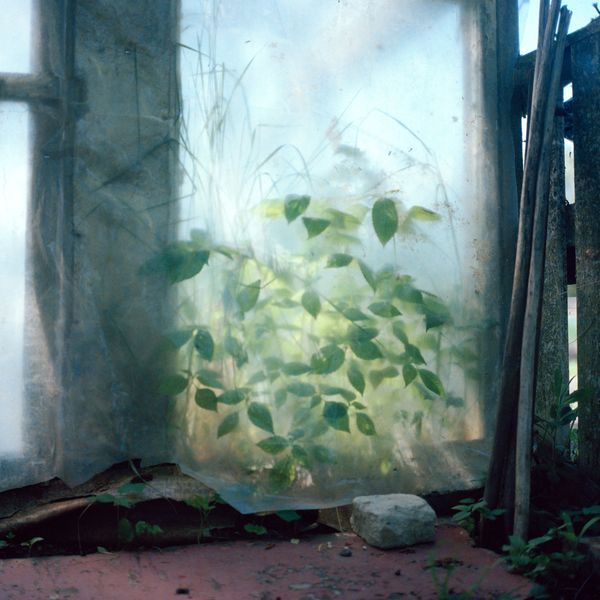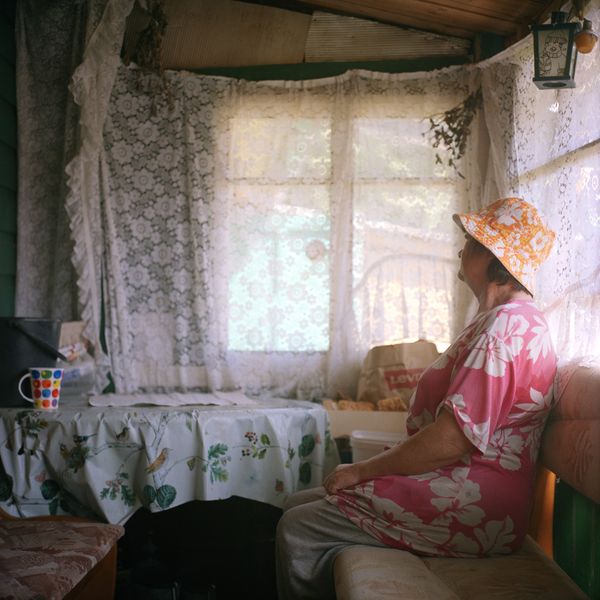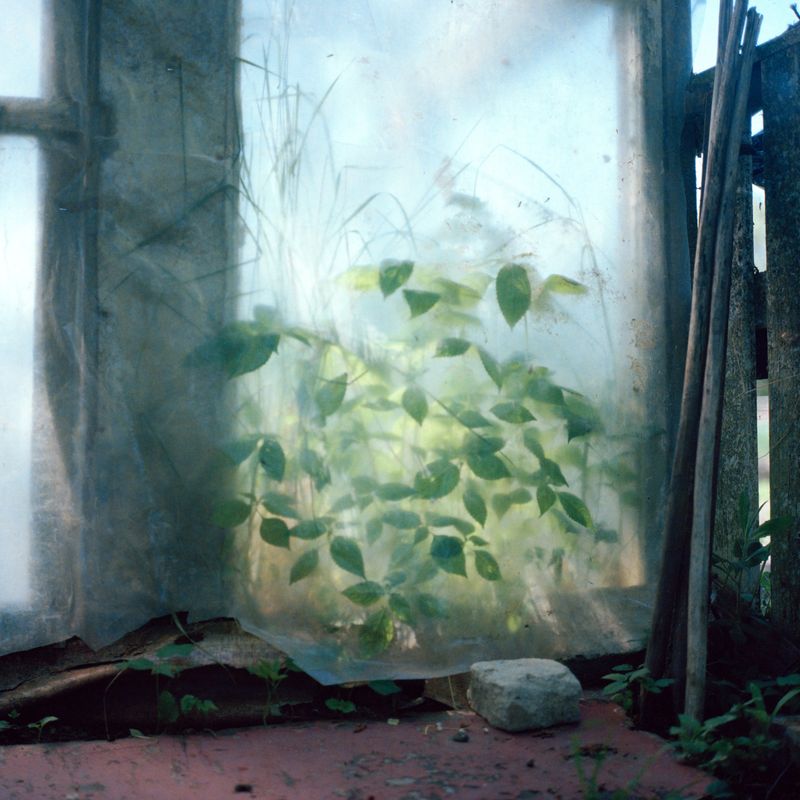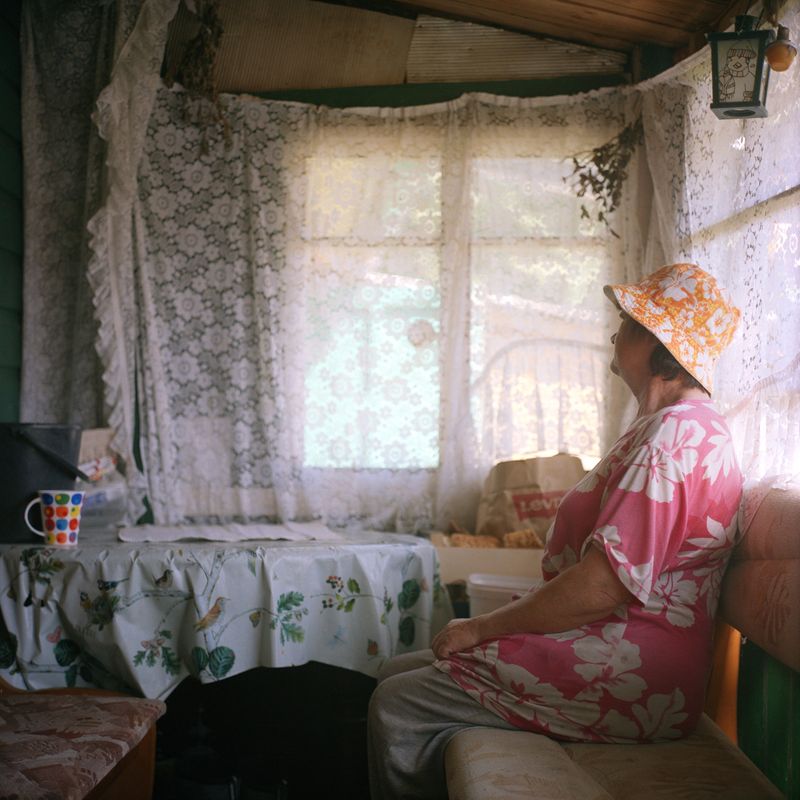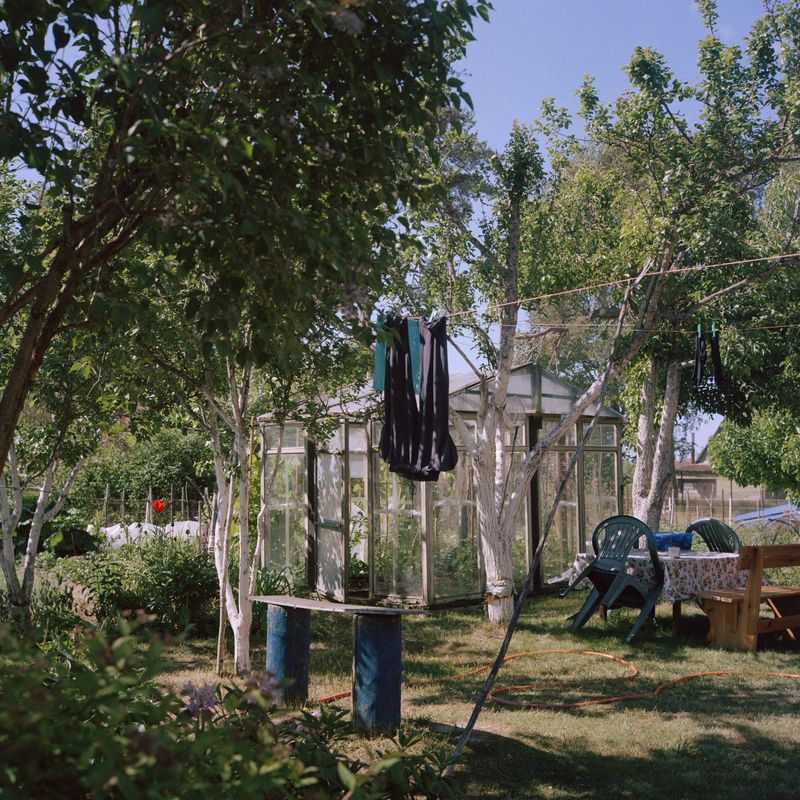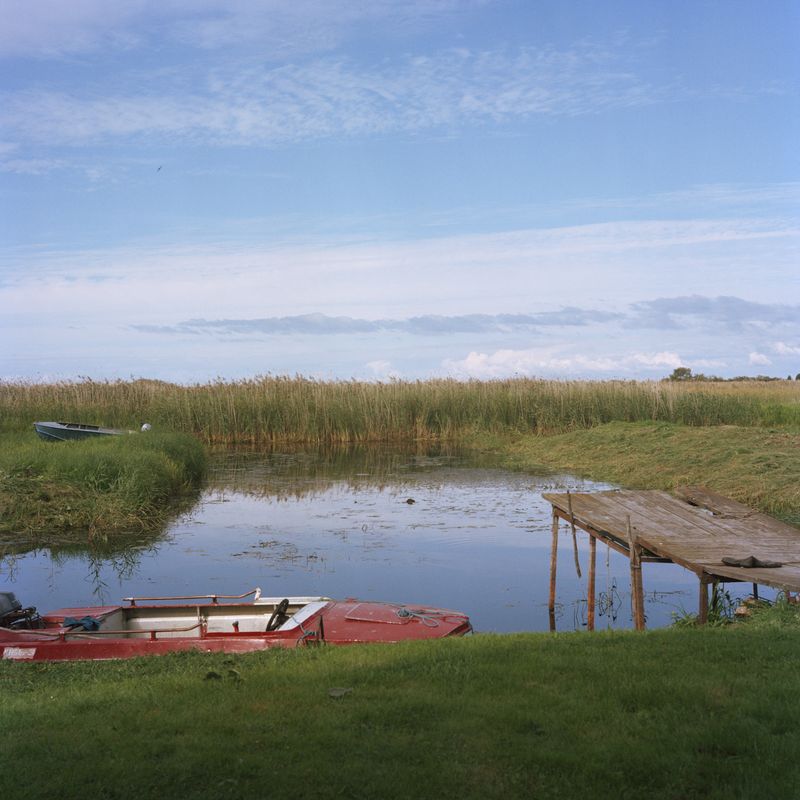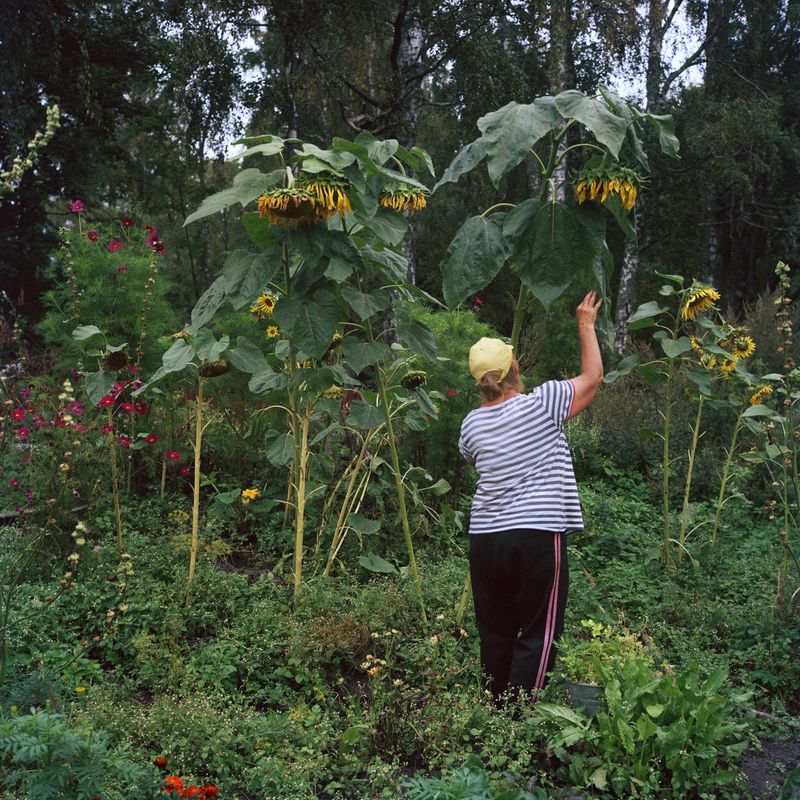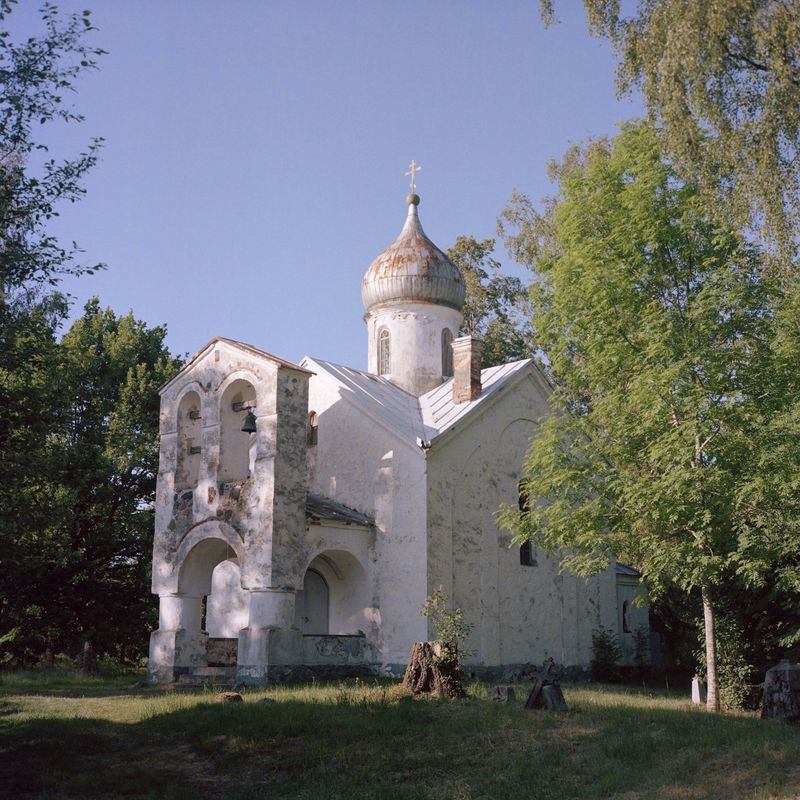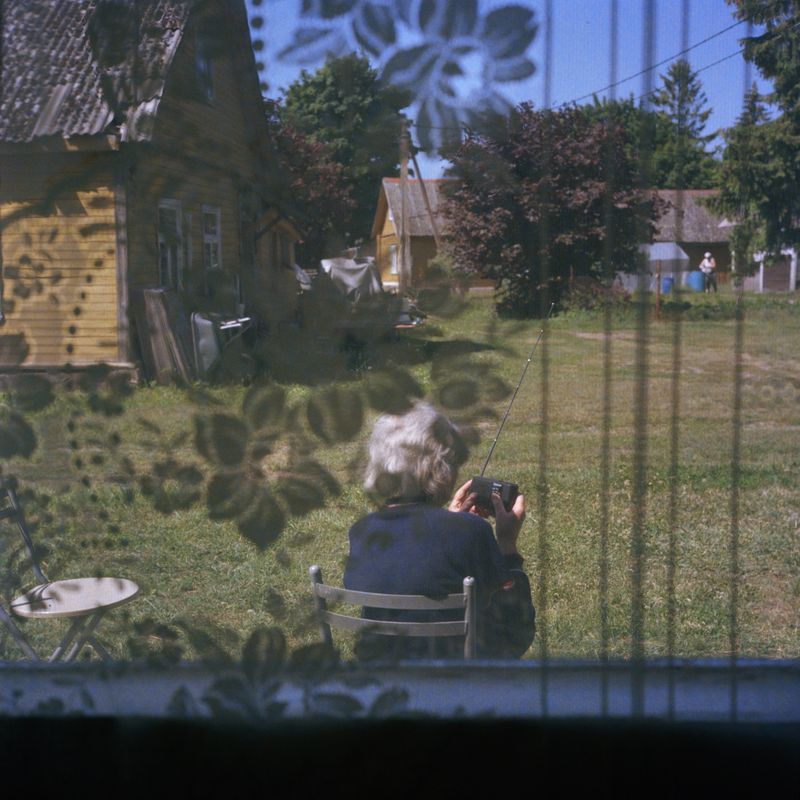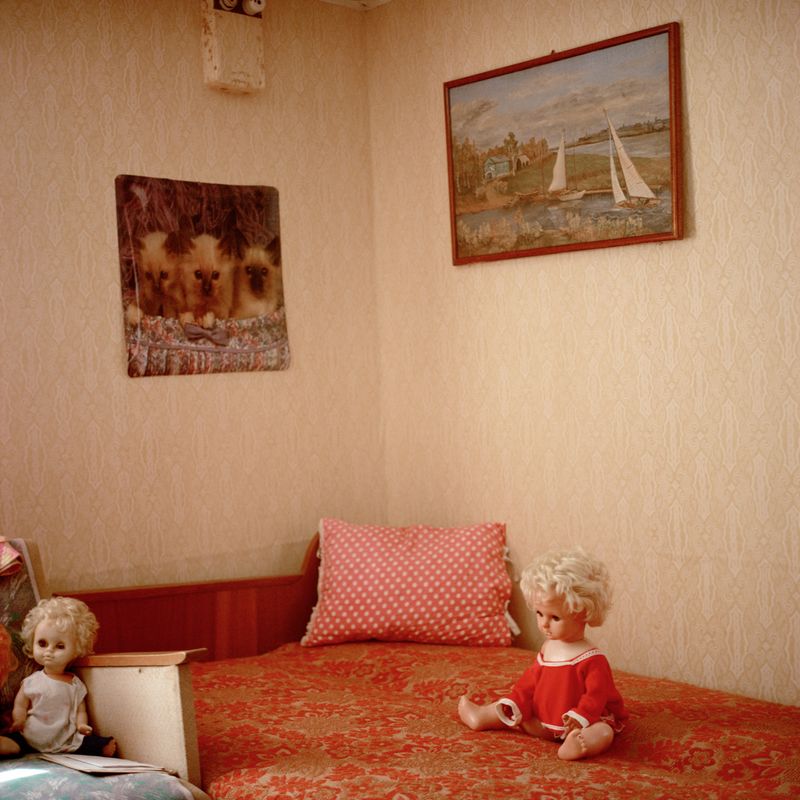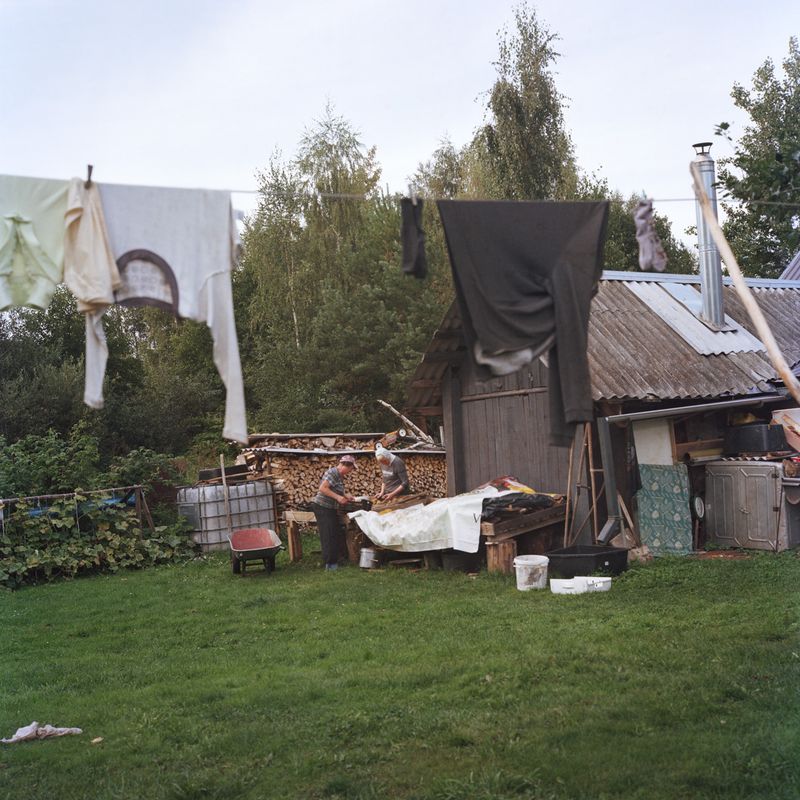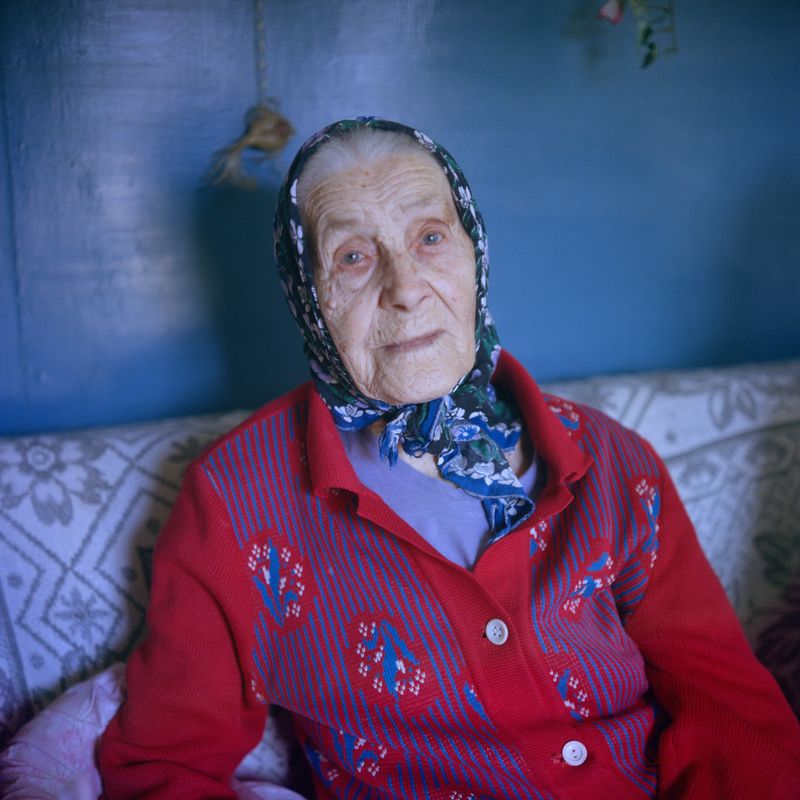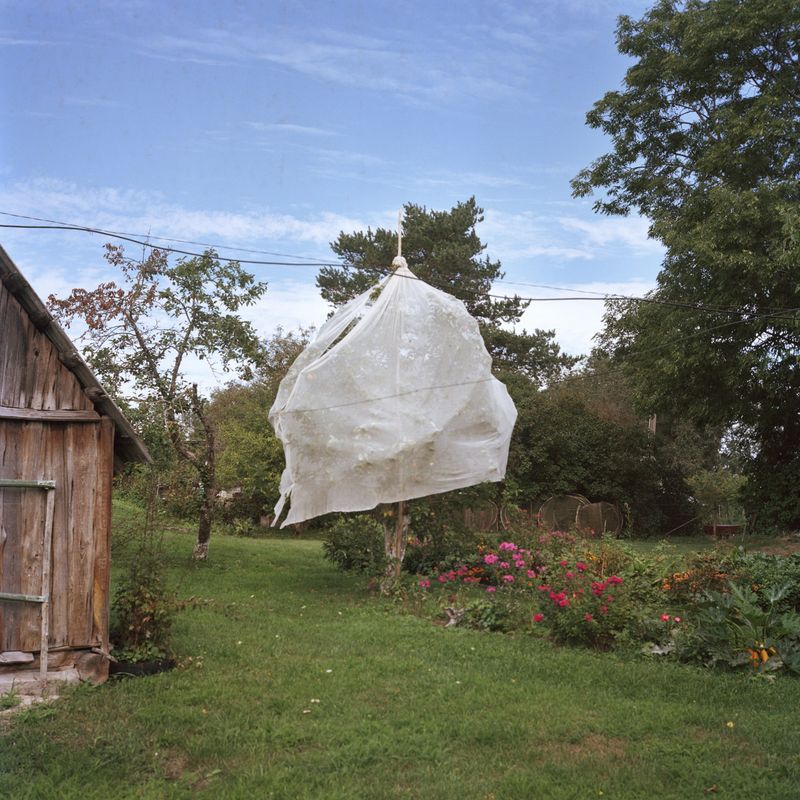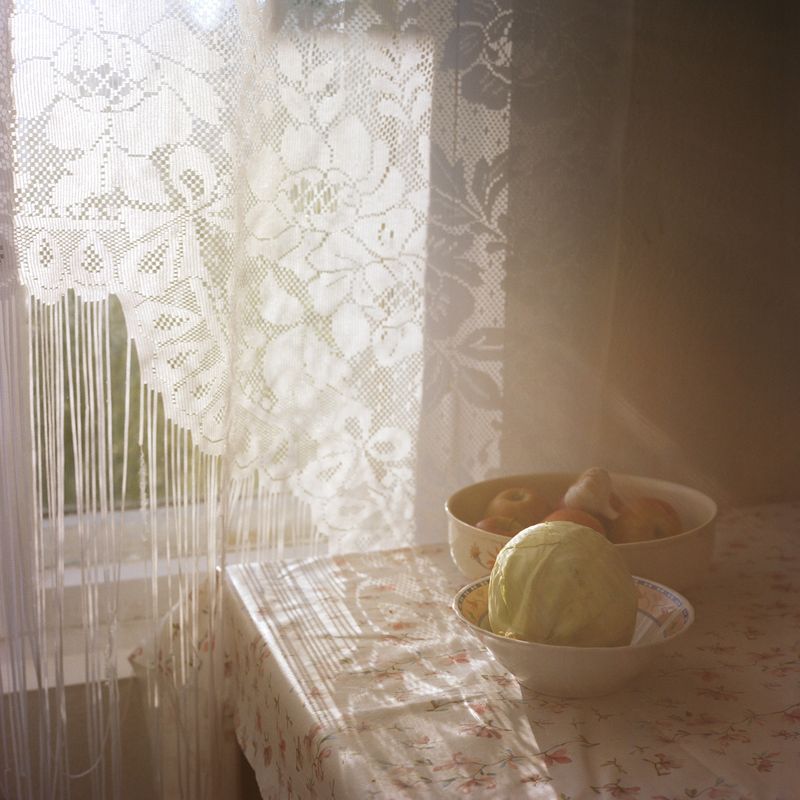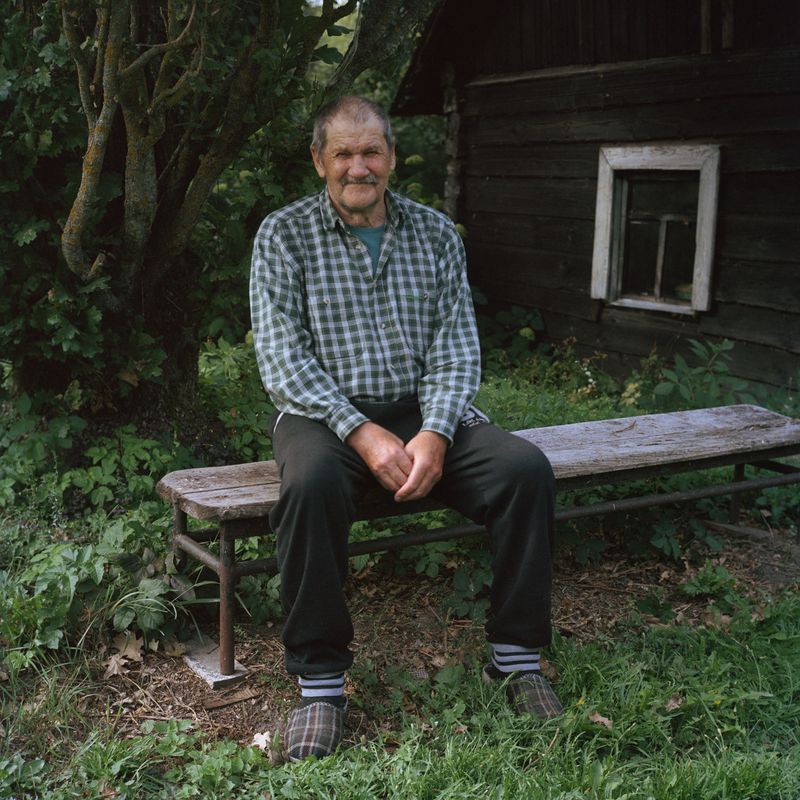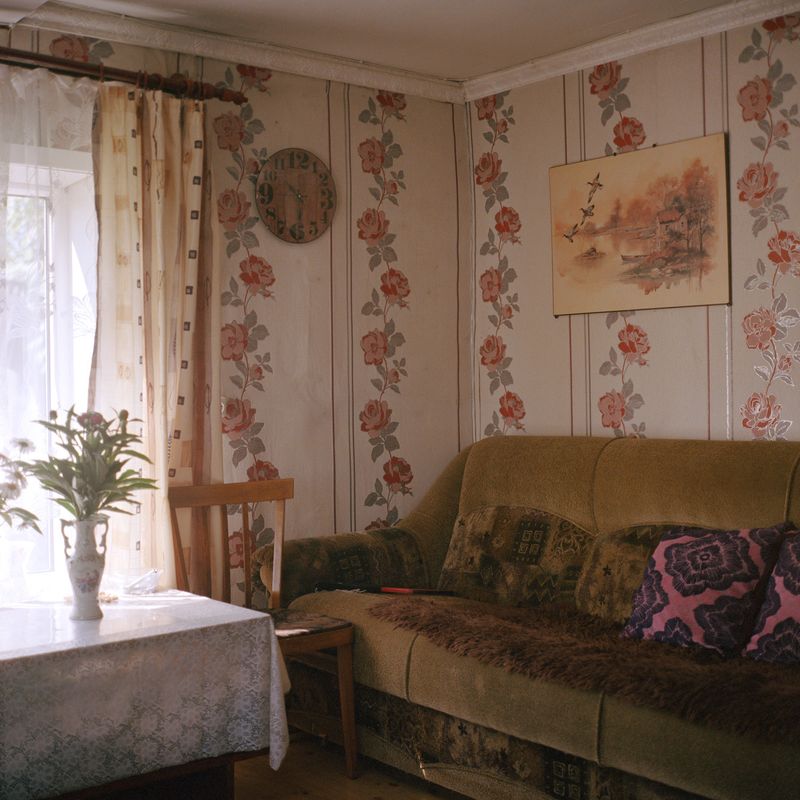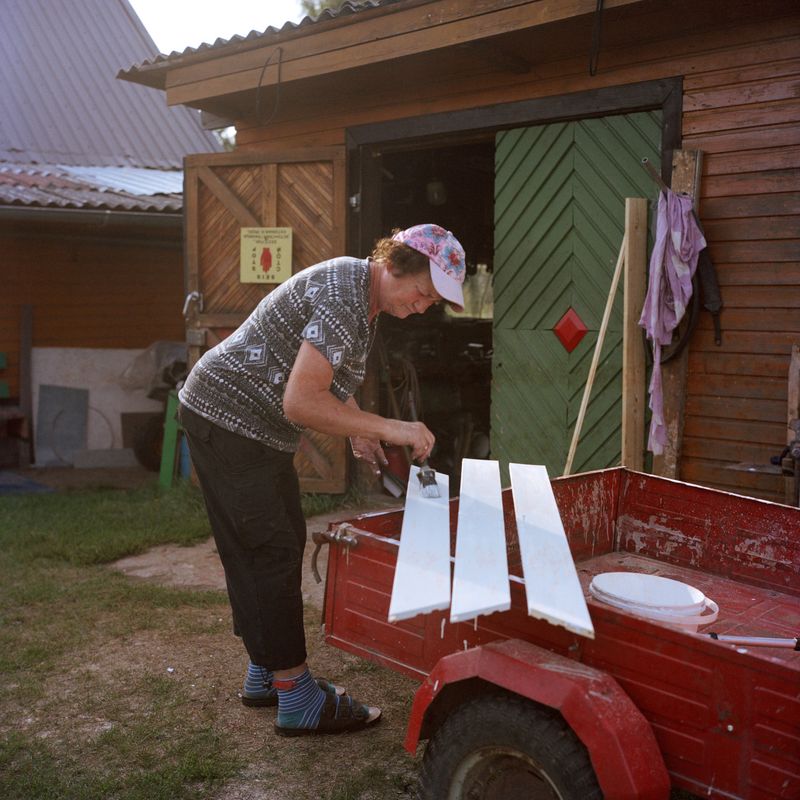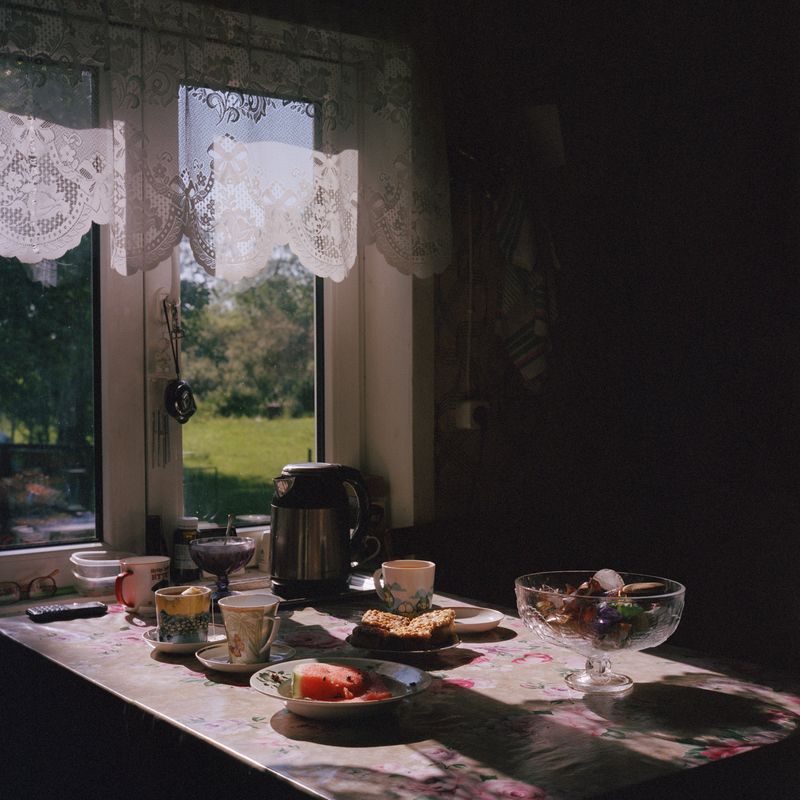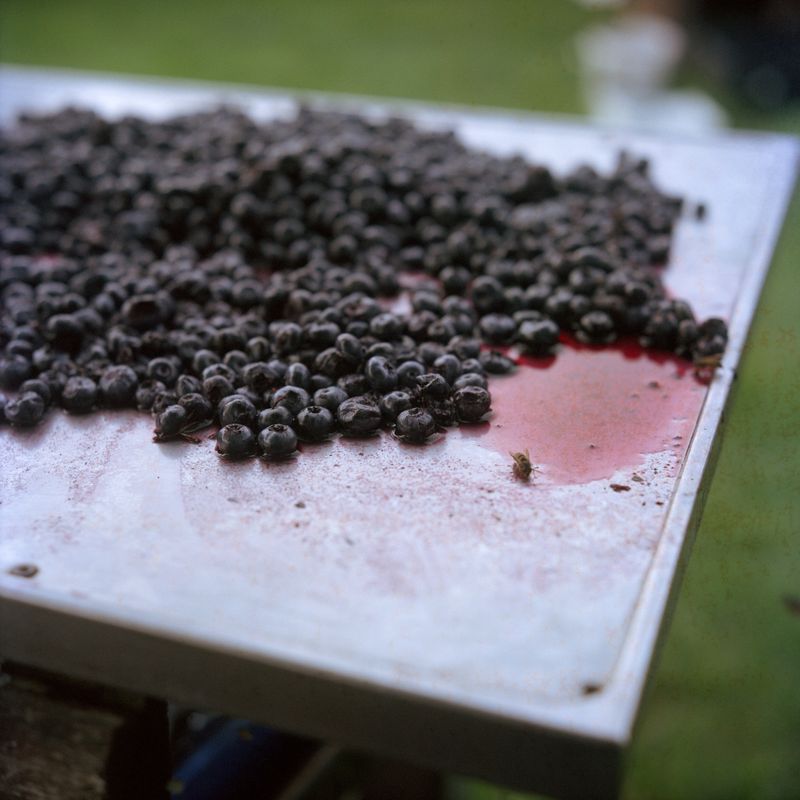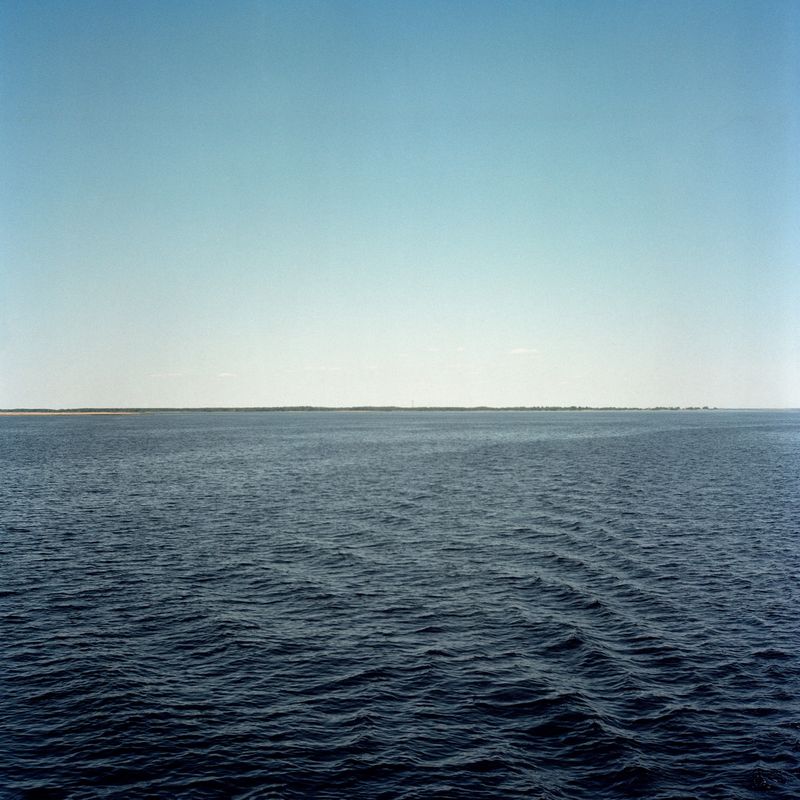Lake of Miracles
-
Dates2023 - Ongoing
-
Author
- Location Estonia, Estonia
Lake of Miracles is a project about Piirissaar, a very small island, in the middle of a very big lake, inhabited year-round by about 20 people: elderly Russian Old Believers and a few Estonians. Life goes on slowly, in harmony with the passing of seasons.
Lake of Miracles
There is a small island (7.5 km2/2.9 sq mi) at the far southern edge of a large lake between two countries. The island was always very beautiful and it was believed that the area around it was the best fishing area of the whole lake, and so the two countries, which were part of different empires, both wanted it and decided to divide it among themselves. They each gave the island names in their own languages. The lake is Peipsi, the countries are Estonia and Russia. The names were Mežà and Želàtšek by Russia, and Borka and later Piirissaar by Estonia. Eventually, the last name stuck, it means Border Island, and, since 1920, it has been part of Estonia.
Piirissaar lies only 1-2 meters above the water level; most of it is made up of forests and swamps, and, for this, it is highly uninhabitable. At the beginning of the 1900’s, 2000 people lived on the island. There used to be two schools, one Estonian and one Russian, but not anymore, and so no children can live there during the school year. There are three villages, little more than a handful of wooden houses scattered over the wetland.
In winter, now, only about 20 people resist and live on the frozen island. 10% of the inhabitants are Estonians, the rest are Russians and, specifically, Old Believers, which is a branch of the Russian Orthodox Church who had to flee Russia at the end of the 17th century.
The main source of income for the people of Piirissaar has always been fishing and onion cultivation. In the summer the island becomes alive with many former residents and local visitors.
The lake, which feels like a sea if you look towards the north, is very shallow, only 15 metres deep in the very center, far away from the island, and, for this, during the winter it freezes over, and connections to the mainland can only happen via a small hovercraft or by kicksled.
The project title is a play of words between Чудско-Псковское озеро, the name of Peipsi Lake in Russian ("Чудско" comes from Чудь, an old word used to refer to tribes from the Baltic-Finnish group), and "чудо", "miracle".
